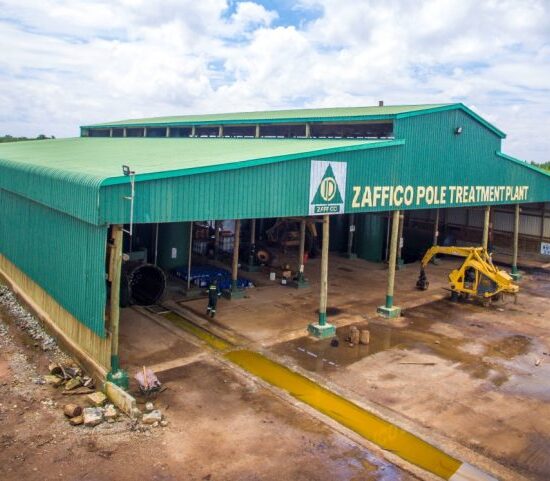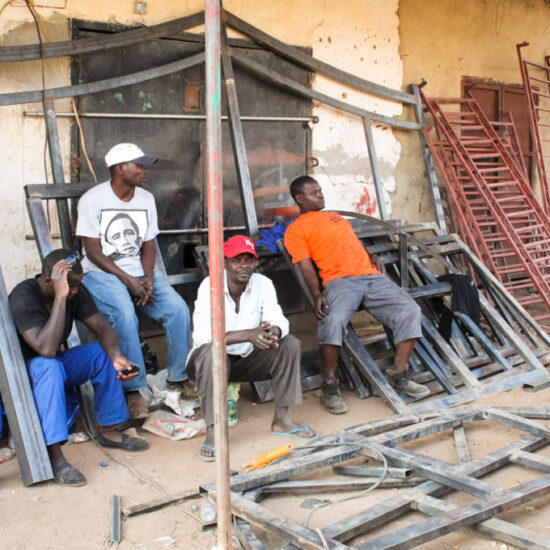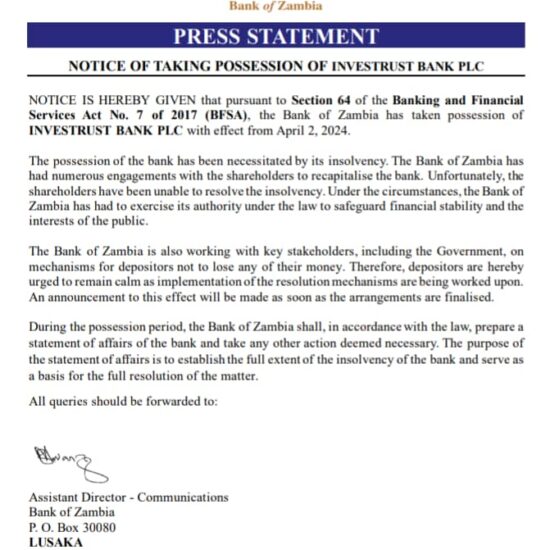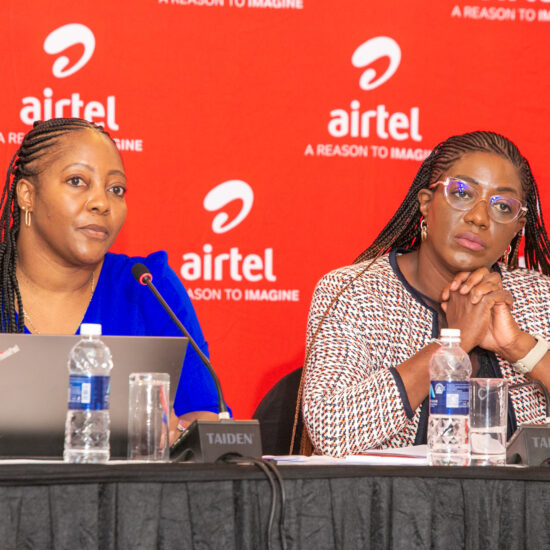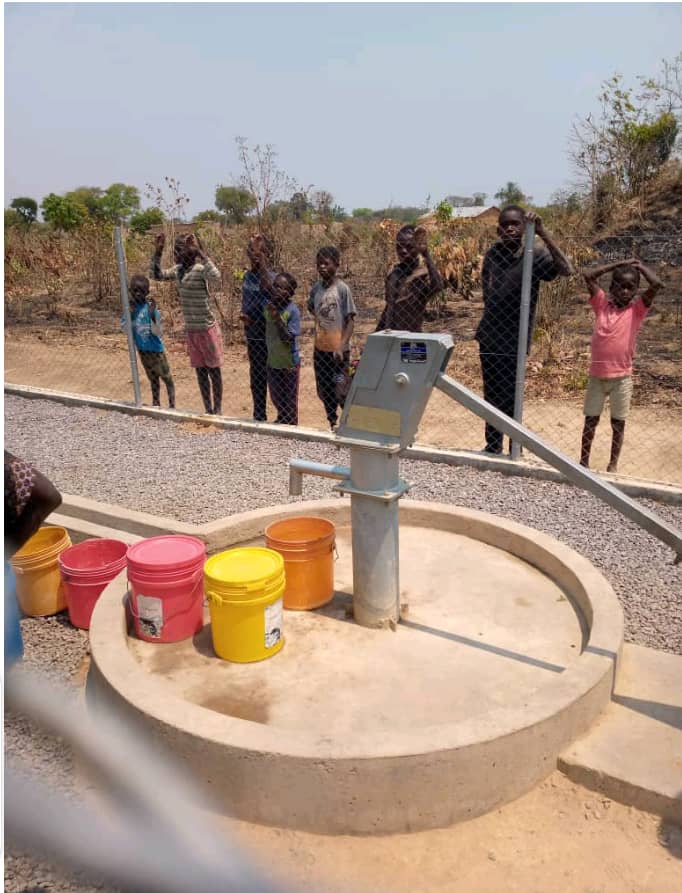
Proper water and sanitation is foundational to Zambia’s developmental progress but currently, millions of Zambians do not have access. In order to achieve universal access to water, sanitation, and hygiene (WASH) by 2030 – as envisioned in Zambia’s long-term development goals – the private sector is a key partner with underutilized potential.
WASH directly impacts human health, but is also strongly associated with economic development, education, and social wellbeing. According to the 2018 DHS survey, 35% of children under five are currently too short for their age, indicating poor nutrition and lack of WASH access. Children with access to clean water are better positioned to stay healthy, stay in school, and live a successful life contributing to Zambia’s economy.
Since 2000, Zambia’s water supply coverage has increased from 47% to 68% and sanitation coverage has increased from 20% to 36% according to the Joint Monitoring Program (JMP). This is a huge accomplishment but the progress is not sufficient to make universal WASH access by 2030 a reality. JMP also shared that currently, over seven million Zambians are without a reliable safe water supply and over 12 million Zambians lack access to proper sanitation.
Zambia needs an estimated $3.7 billion, both for new infrastructure and existing facilities’ operation and maintenance, in order to bridge that gap.
As of today, Zambia’s WASH budget is only 1.5% of the newly approved national budget – the same percentage as last year. Although public investment should grow appropriately in order for Zambia to surmount its WASH challenges, we recognize that Zambia’s national budget is under serious strain – which is why facilitating private sector investment is even more critical.
Currently, Zambia lacks adequate water resource management facilities; construction of those facilities is largely in the private sector domain. The private sector is equipped to supply key WASH accessories and take over the operation, maintenance, and management of WASH services. Additionally, lack of centralized sanitation services presents a large opportunity for the private sector to bridge the service gap by supporting fecal sludge management and waste collection.
However, in order for the private sector to seize the opportunity to contribute to Zambia’s WASH sector, Zambia needs a business environment that supports the private sector, including reasonable tariffs that cover that cost of producing key services. The private sector should also be able to enter contracts without going through the Ministry of Finance, thus streamlining the process. Additionally, Zambia needs procurement reforms that streamline lengthy and complex contracting processes. Lastly, the procurement process should allow the private sector to bid on government projects and propose new projects – while maintaining transparency to inform bidders why they were or were not successful.
The challenges in the WASH sector may seem daunting, but Zambia has a growing financial market consisting of microfinance organizations, fintechs, and financial institutions that can provide the much needed financing for WASH services, including increasing the use of proven, low-cost technologies. Additionally, as the Constituency Development Fund increases and local communities have more money to potentially invest in their WASH needs, the private sector can partner with local authorities to meet those needs.
However, the private sector also needs key partners to be successful, whether that is the government, civil society, or donors. The U.S. Agency for International Development (USAID) is working with the private sector in Zambia to help achieve universal WASH. In 2022, the U.S. Government designated Zambia a high-priority country for safe and resilient water, sanitation, and hygiene assistance, which means more U.S. investments to Zambia’s WASH sector. The USAID Expanding Water and Sanitation project alone should reach 500,000 people with adequate sanitation and 633,000 with safe water by stimulating investments in sanitation, increasing availability of low cost toilet parts, and leveraging $2 million from the private sector.
Zambia is making progress towards universal WASH access, but cannot achieve that goal alone. The Zambian government must open pathways to partnership with the private sector to ensure that the millions of Zambians without access to WASH services are not left behind.


